@oldryder said "approx. 30% of the material making up the surface is resin"
A long time ago @HollySprings said "Quartz composite countertops are mostly resin, not mostly quartz."
I have seen similar claims multiple times on these forums. THEY ARE NOT TRUE.
Using a magnifying glass to inspect the surface of a quartz countertop, one sees mostly quartz fragments of varying sizes, separated by resin. The amount of resin present certainly does not appear to be anything like 30%, much less 50%.
Simple calculations based upon manufacturers' claims show that quartz countertops are well over 80% quartz by volume.
Manufacturers claim that their countertops are "93% quartz", but they are referring to weight, not volume. (Typical assertion: "DuPont⢠Zodiaqî quartz surfaces are composed of 93 percent quartz".) In other words, they claim that only 7% of the weight is resin.
Density of quartz = ~2.6 g/cc
Density of acrylic resin = ~1.0 g/cc (roughly the same as water)
If the material is 93% by weight quartz + 7% by weight resin, in 1g of material we would have 0.93g quartz and 0.07g resin.
Volume of 0.93g quartz = 0.93 / 2.6 = 0.36cc
Volume of 0.07g resin = 0.07 / 1.0 = 0.07cc
So 1g of material has a volume of 0.36 + 0.07 = 0.43cc
Percentage of quartz by volume = 0.36 / 0.43 = 84%
Percentage of resin by volume = 0.07 / 0.43 = 16%
From the above, it is obvious that quartz countertops are mostly quartz regardless of whether you measure weight or volume. For quartz countertops to be less than half quartz by volume but 93% quartz by weight, quartz would have to be about as dense as depleted uranium.
Note that 84% is considerable less than the typical ratio of solids to voids in packed sand. I assume that the higher ratio is achieved by careful selection of grain sizes and the compaction and compression processes that are applied during manufacture.
Subjectively, 16% resin seems reasonable based on what I see using a magnifying glass.
In terms of scratch resistance, the only component of the countertop that can be scratched by typical kitchen items is the resin - the quartz grains are very hard. The resin is present as a thin matrix between grains of quartz. The quartz grains protect the resin to a large extent: under normal (ab)use there is no way that a long continuous scratch can be formed, and there is no way that a deep scratch can be formed.
Specialized equipment is required to form a smooth surface on a quartz countertop. Attempts to "buff out" surface marks in-situ using moderately aggressive abrasives are counterproductive, because the resin matrix will be eroded relative to the quartz grains, leaving a network of tiny channels between the quartz grains; this will obviously not have the same appearance or texture as the original surface.
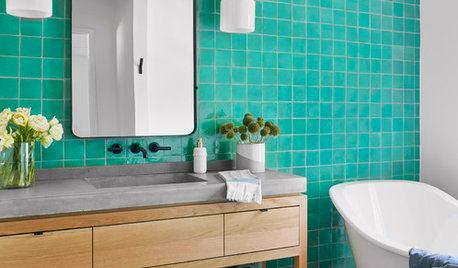
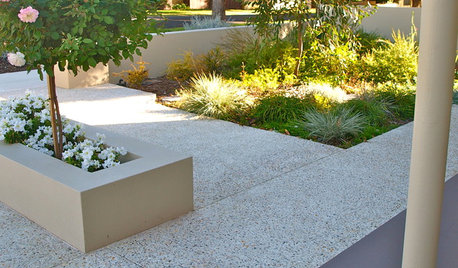
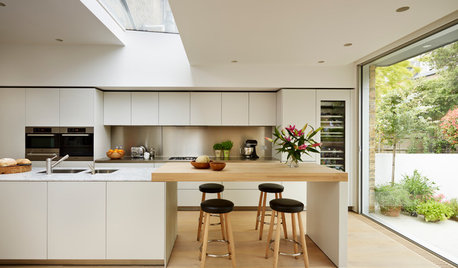
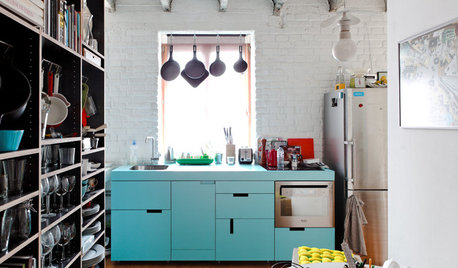
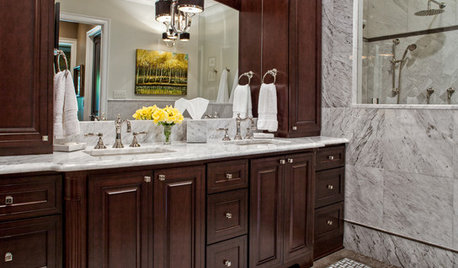
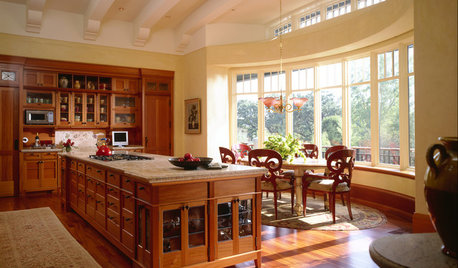



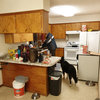


annkh_nd
eleena
Related Discussions
Cambria quartz countertop?
Q
Granite feels gritty - oldryder or karin_mt, advice?
Q
Comparing Cost of Quartz Countertop Companies
Q
Black quartz countertops - do they stain/etch
Q
Granite City Services
caliente63Original Author
Granite City Services